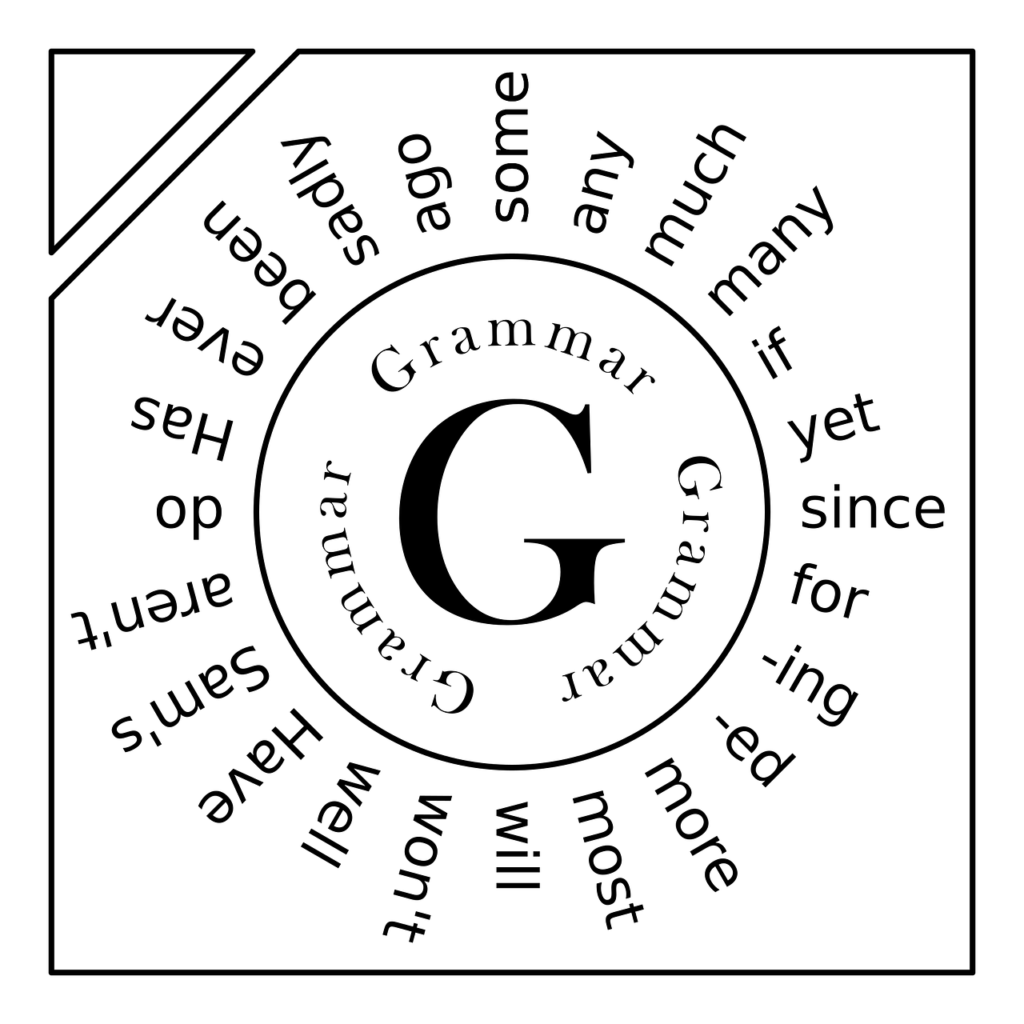Want, Like, Need
Introduction The English language grants us the flexibility to express varying degrees of desire, preference, and necessity. Three commonly used verbs—want, like, and need—often appear when we describe our cravings, pleasures, or requirements. Although these words might sometimes seem interchangeable in everyday conversation, each carries its own specific meaning and grammatical usage. In this exploration, […]









